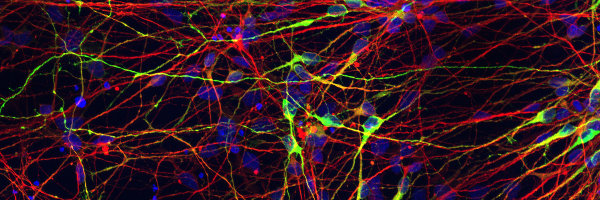
Healing damaged organs
Healing damaged cells and organs and developing induced pluripotent stem cells (iPS) for clinical use – these are the aims of the Max Planck Center in Guangzhou, China. It brings together leading researchers from two German Max Planck Institutes and outstanding scientists from the Guangzhou Institutes of Biomedicine and Health of the Chinese Academy of Sciences. The cooperation will enable vital progress to be made in the further development of iPS technology, and provide crucial impetus for regenerative medicine and drug research.
The development of iPS technology has opened new doors for regenerative biomedicine, which has experienced a major boost as a result. The technology enables patients’ own cells to be reversed to an embryonic state, reproduced on an almost infinite scale and transformed into all of the different types of cells found in the body. This means that researchers can now study diseases and develop new drugs in the petri dish. The work of the new Max Planck Center is focused on brain, cardiac and lung cells.
“Through the new Max Planck Center we can make crucial progress in the development of iPS technology and optimize differentiation processes in nerve, cardiac and lung cells so that they provide the best possible disease models for study in the petri dish. These are crucial preconditions for the advancement of regenerative medicine and drug research,” says Hans Schöler, Director at the Max Planck Institute for Molecular Biomedicine in Münster and one of the two Co-Directors of this first Max Planck Center in China.
From the German side, Thomas Braun and Werner Seeger, both Directors of the MPI for Heart and Lung Research in Bad Nauheim, are involved in the research programme. Second director is Duanqing Pei from the Guangzhou Institutes of Biomedicine and Health, which belongs to the Chinese Academy of Sciences, and is part of its Hong Kong laboratory group.
“The Max Planck Center will be a hub for international cooperation with China and offer outstanding Asian scientists the opportunity to contribute their expertise in application-oriented stem cell research and regenerative biomedicine to the research in Germany,” says Hans Schöler explaining the advantages of the new Max Planck Center. “We hope that the new networking opportunities will enable us to carry out cutting-edge scientific research.”
JMK/JE
Header image: Fluorescence image of human stem cells generated from iPs cells. Credit: MPI for Molecular Biomedicine